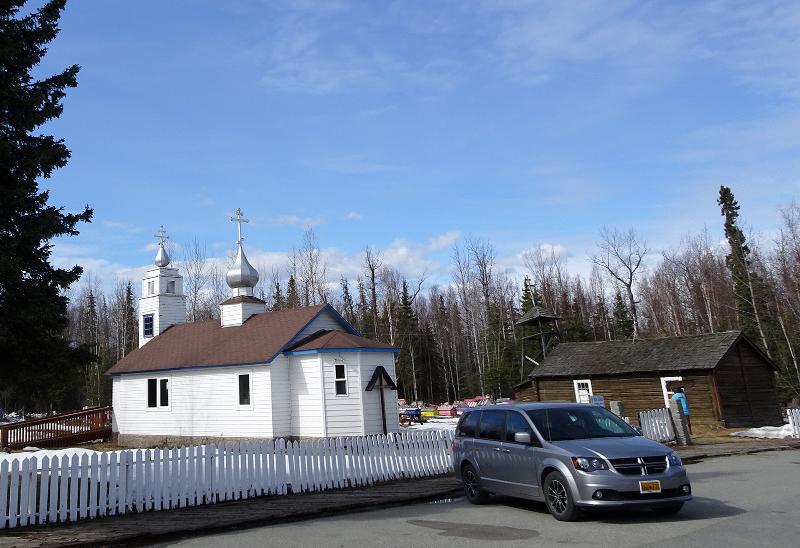Northern Studies
The Northern Studies Research Group (NSRG) at the UiT The Arctic University of Norway (AUN) is multidisciplinary in most of its endeavors and in terms of the competencies of its members. It aims to produce new insights on the societal, economic and environmental challenges and opportunities in different regions of the Circumarctic.
Group coordinator
Prof. Urban Wråkberg, Dep. of Tourism and Northern Studies (IRNS), Faculty of Humanities, Social Sciences and Education, UiT The Arctic University of Norway (AUN) in Kirkenes
Subarctic Europe and the Circumarctic, including Russia, forms the extensive geographical scope of interest of the Northern Studies Research Group (NSRG). We often apply comparative perspectives in our interdisciplinary research, as well as in our research-based teaching. Core region and home to the NSRG research group is the County of Finnmark, Northern Norway and its borderlands with Finland, Sweden and Russia.
Interdisciplinary course partnerships
We assume regional North Norwegian responsibility through public outreach and by internationally open teaching. NSRG members have developed University of the Arctic Courses and created new such geared to emerging circumarctic issues of major consern. What we do in teaching is related to the NSRG group's research which explores geopolitical, economic, indigenous, environmental and cultural issues of the circumpolar north by placing such in a circumpolar and global geo-economic and cultural context.
BANHER 2023-2026 enables us to engage in development of on-line teaching in circumarctic partnership with scholars at the Trent University School of Environment, Canada, the University of Akureyri, Iceland, and with researchers of the University of Alaska at Anchorage.

The research group in northern studies
- The members of the group hold research competence in social sciences, technology, environmental history, geopolitics, indigenous study and social anthropology.
- The research group aims to create new knowledge on the County of Finnmark, Norway not least by relating it to a global context. It has proved relevant to local societal sustainability, environmental security, indigenous issues, northern tourism and industry. The University-Society-Bussiness nexus often figures in our student-based local R & D.
- Resilience in High North cross-border interaction is focussed in courses and projects we run. We specialize in peace study, on raw material and energy security, entrepreneurship and Russian studies
Research methods
Comparative perspectives are instrumental in revealing differences and similarities between geographical areas. The northern researcher’s proficiency in languages is important but so is the ability to analyze subject matters of widely different academic fields. For example, multifactorial synthesis is the only way to be successful in business forecasting.
The meaning of cultural and industrial heritage has figured in NSRG projects, collective memory has been shown to function as a practical cognitive resource for local decision-making.
We have used unconventional methods in studying tourism by analysing trip-styles and choice-of-location triggers by participant observation and holistic interview techniques.
We do discourse analysis, detect path-dependencies, do site visits, and use photography at site visits and communication results.

News & Events
● In April and June 2025, the BANHER program ran a series of workshops travelling with students and senior scholars from UiT, Trent University, University of Alaska - Anchorage and Yukon University. This event of the BANHER was titled "Borders in the North: Intersecting Differences in the Yukon (Canada)-Alaska (US) Borderlands". Along the route many competence centers were visited, facilitating an interdisciplinary understanding of northern borderlands, their indigenous nations, places, history and futures of local and cruise tourism, infrastructural connections to international raw material markets. How is this part of the Cirum-Arctic seen from the “global South”? For further details see the BANHER section of this website.

● January 27-30 2025, the BANHER program engaged in the Arctic Frontiers conference in Tromsø, Norway. after having our proposal for one of its science sessions accepted with the title "Arctic Communities amid Geopolitical and Economic Uncertainty." All BANHER partners were represented in this session in three parts. International interest for it was fine bringing twenty-two speakers and several poster-presenters to Tromsø. BANHER also coorganised the Student Forum of the Arctic Frontiers 2025. For more details on it, see the presentation on the University of the Arctic website. In Tromsø we also held a workshop for the BANHER senior researchers preparing articles for an upcoming thematic issue of the OA Journal of Northern Studies.
● Earlier in October 2024, the BANHER group of partners brought international advanced students to participate in side events of the Arctic Circle Conference in Reykjavik, and to do field research on Iceland in collaboration with scholars and students of the University of Akureyri.